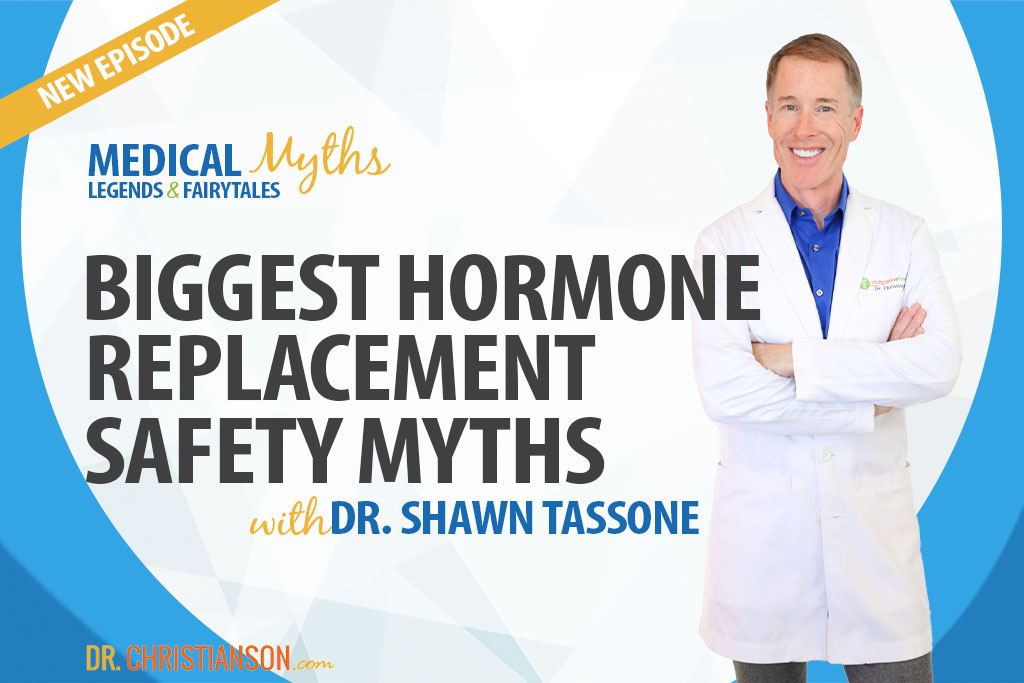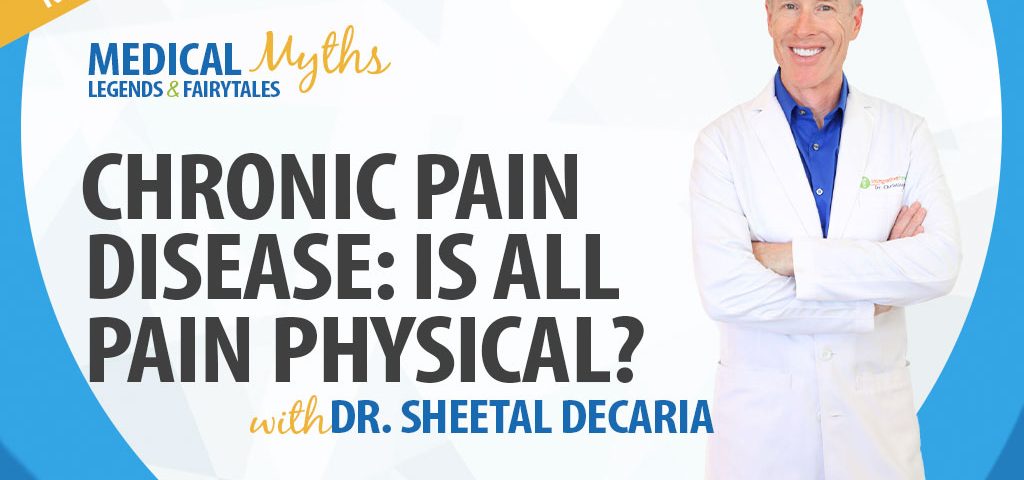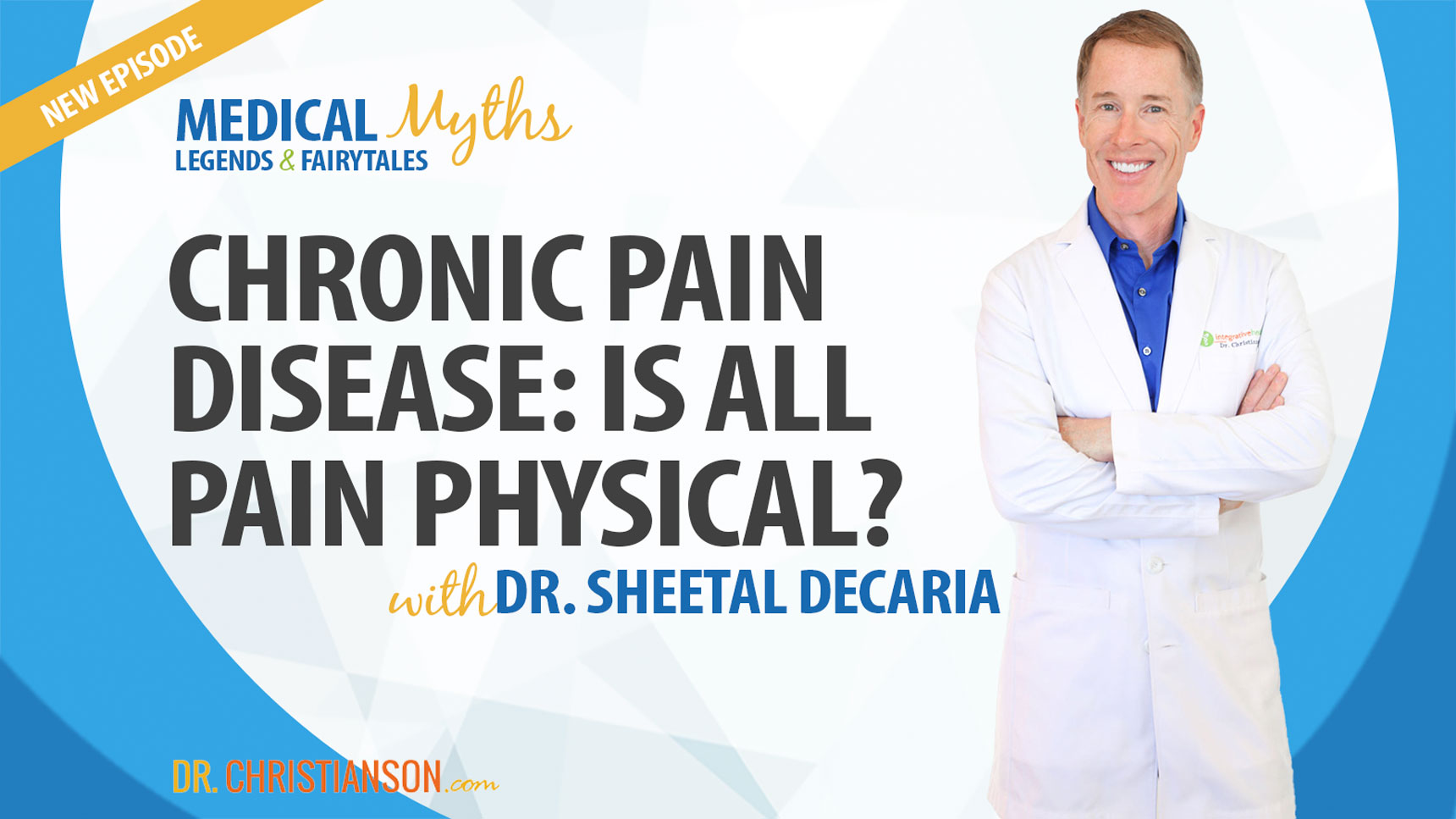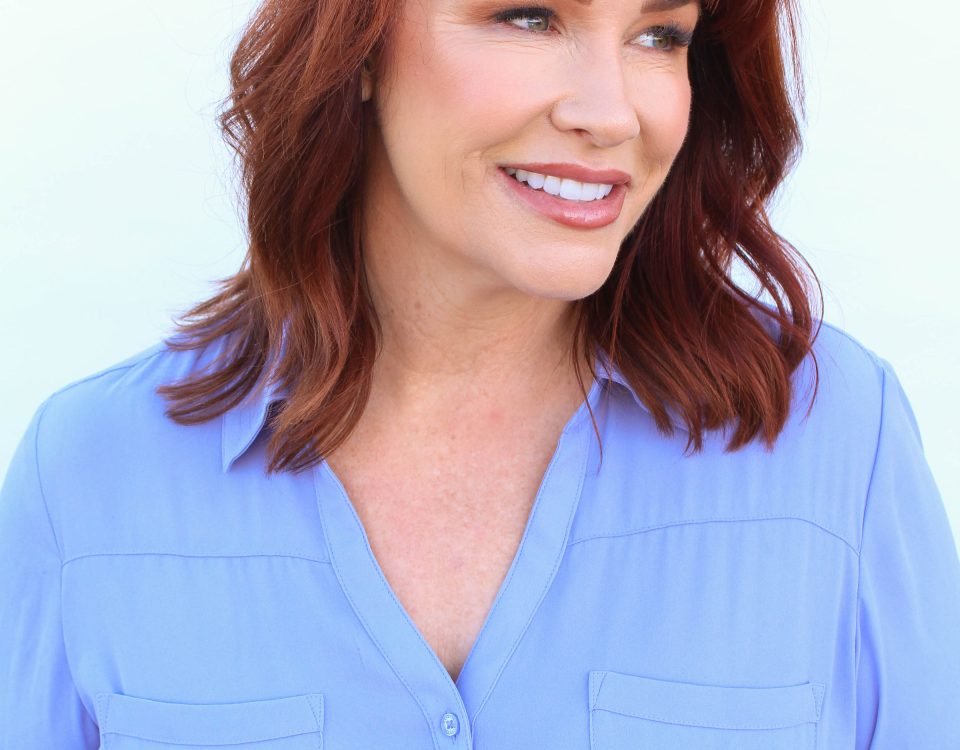Chronic Pain Disease: Is all pain physical? With Dr. Sheetal DeCaria
Between the latest online fads and the crazy media headlines, it’s easier more than ever to get confused about your health. If you want to make better decisions about your health so you can feel better and live longer, you’ve come to the right place.
Would you believe that we don’t know the cause of most back pain? You would think that it would be the variation or the compressed nerve but those things don’t explain it. Chronic Pain is a fair amount of a mystery and sadly, a lot of people do not align with what we know but only base on myths or misinformation.
In this episode, we discuss:
- (1:50) Introduction to Dr. Sheetal DeCaria
- (3:00) Typical presentation on the concerns around pain
- (4:30) Understanding Pain
- (6:01) How does the body process pain?
- (8:02) Cultural receptivity on pain
- (10:05) Categorization of pain patterns
- (10:42) Acute pain
- (11:02) Psychological stress
- (11:24) Centralized pain
- (12:30) How do you know if it’s chronic pain?*
- (14:10) Placebo surgeries
- (19:02) Factors on how to figure out chronic pain
- (21:20) Impact of nutrition on pain
- (22:22) Mediterranean and Inflammatory diet
- (24:55) Elimination diet
- (25:47) Exercise and physical activities in relation to pain
- (28:55) Fear of labeling with chronic pain
- (29:50) Symptoms of pain
- (31:10) Interventional Medicine
- (32:16) Patterns to complex pains and other factors
- (34:15) The 90-day program to diagnose and eliminate the root cause of pain
- (36:22) Insights on chronic pain prognosis
- (39:00) Taking on and improving pain
Dr. Sheetal DeCaria is double-board certified in anesthesia and pain management by the American Board of Anesthesiology. She has pursued further education in integrative medicine, including a year-long faculty scholars program at the Northwestern Osher Center for Integrative Medicine, as well as coursework through the Institute of Functional Medicine and American Academy of Anti-Aging Medicine.
She is the bestselling author of the new book, Break the Chronic Pain Cycle: A 90 Day Program to Diagnose and Eliminate the Root Cause of Pain, and often serves as a medical expert for news stations around the country.
Check out her New Online Health Course, which includes 2 free ones as well! For more details, visit her website, revitalizemedcenter.com or instagram page @drdecaria
Mind Body Pain resources:
- Melzack R & Wall, P. (1982). “The Challenge of Pain.
Harmondsworth: Penguin.” - Biro D. “Is there Such a Thing as Psychological Pain? And Why it
Matters.” Cult Med Psychiatry. 2010; 34(4): 658–667. - Splithoff CA, “Lumbosacral Junction Roentgenographic
Comparison of Patients with and Without Backaches,” JAMA. 1953;
152: 1610. - Magora A. and Schwartz A., “Relation Between Low Back Pain
and X-Ray Changes. 4. Lysis and Olisthesis,” Scandinavian J of
Rehabilitation Medicine. 1980; 12: 47. - McEwen BS, Gianaros PJ. “Central Role of the Brain In Stress and
Adaptation: Links to Socioeconomic status, Health, and Disease.”
Ann N Y Acad Sci. 2010; 1186: 190–222. - Hannibal KE, Bishop MD. “Chronic Stress, Cortisol Dysfunction,
and Pain: A Psychoneuroendocrine Rationale for Stress
Management in Pain Rehabilitation.” Phys Ther. 2014; 94(12):
1816–1825. - Barsky AJ, Borus JF. “Somatization and Medicalization in the Era
of Managed Care.” JAMA. 1995; 274: 1931–4.
Central Pain Resources:
- Cordero, MD, De Miguel, M, Moreno Fernández, AM, et al.
“Mitochondrial Dysfunction and Mitophagy Activation in Blood
Mononuclea Cells of Fibromyalgia Patients: Implications in the
Pathogenesis of the Disease.” Arthritis Res Ther. 2010; 12, R17. - Tan EC et al. “Mitochondrial Dysfunction in Muscle Tissue of CRPS
Type I Patients.” Eur J Pain. 2011; 15(7): 708–715. - Gerdle et al. “Chronic Widespread Pain: Increased Glutamate and
Lactate Concentrations in the Trapezius Muscle and Plasma.” Clin J
Pain. 2014; 30(5): 409–20. - Chronic Pain Disease: Is all pain physical? With Dr. Sheetal DeCaria
Did you find this episode helpful? Let us know by leaving a review! Visit these links to learn more:
Subscribe for more Medical Myths, Legends, & Fairytales:










